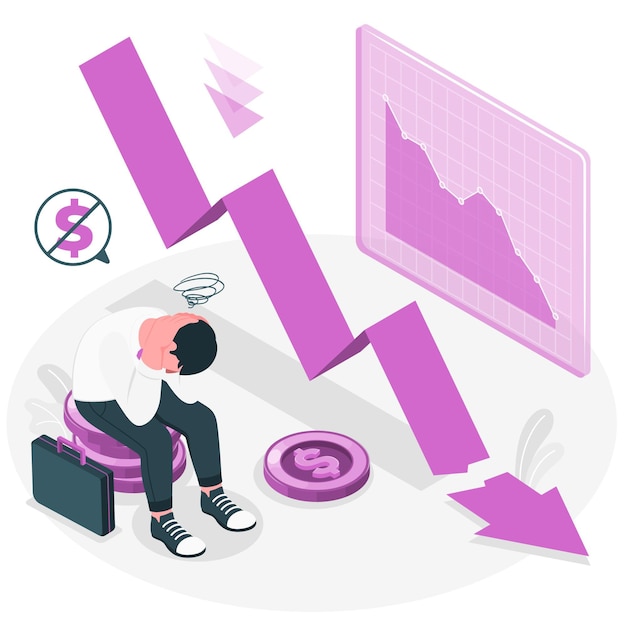Bet on Thrills, Win with Chills
Experience the thrill of every moment, where every bet is a journey and every win is an adventure. Join us where excitement meets luck.


Experience the thrill of every moment, where every bet is a journey and every win is an adventure. Join us where excitement meets luck.


As an experienced game and odds analyst, I have spent more than 8,000 hours scrutinizing betting providers' platforms to detect errors in their odds calculation. Mistakes are inevitable in situations where human intervention is involved. Betting providers' platforms are not immune to these errors, which result in odds that are either too high or do not reflect the current game's progress. My expertise lies in identifying such discrepancies and sharing them with my community. Members of my community place bets with various providers and compare my predictions and tips with the odds offered by these providers.

The convergence of sport and emotions is a well-established phenomenon. Irrespective of the sport, the element of unpredictability is omnipresent, and the result of a match is always shrouded in uncertainty. In the case of consecutive losses in sports betting, emotions can run high, leading to an outburst of frustration. When it comes to professional sports betting, it's perfectly fine to have emotions, but they should never impact your betting strategy. It's crucial to have a disciplined approach to betting, which starts with a well-defined strategy that is established before the game. Money management is a key component of this strategy, where you set a budget and determine an appropriate stake amount for each bet.

Bookmakers determine the odds for each sports bet. For instance, if a sports bet has odds of 1.5, a successful bettor will receive 150% of their stake. To calculate the bookmaker’s probability of winning, divide 1 by the odds. In this case, 1:1.5 = 66.7% probability of winning. However, bookmakers usually calculate higher odds and then deduct a percentage, meaning they only pay out a percentage of the total winnings. For example, if a bookmaker deducts 10%, the actual odds would be 1.6.
When it comes to sports betting, the more bets you place, the more accurate your risk assessment becomes. I tend to wager on odds in the 1.5 to 2.0 range, which translates to winning probabilities of 66.7% to 50%. These high win probabilities result in less deviation and fewer dry spells. However, even with my high win rate, it is possible to have several inaccurate forecasts in a row, while also experiencing 5 or even 10 successful bets in a row. It is crucial to stay composed during winning streaks, as they are merely a regular deviation from the actual winning probabilities that will eventually balance out in the long term. It is important to note that the higher the odds, the lower the actual calculated probability of winning, which in turn increases the risk of losing a bet. However, the actual risk is not solely dependent on the probability of winning, but also on the variance, which can lead to extended dry spells when the probability of winning is low. This makes money management a crucial factor in sports betting as I don't want to risk my entire capital due to deviations from actual probabilities of winning. It is therefore necessary to precisely determine the probability of winning a bet and adjust the stake to the risk. For instance, if the probability of winning a bet is 20%, it is advisable to stake only 2% of your capital. On the other hand, you can stake 5% of your capital on a bet that has a 50% win probability. This is because a 20% win bet is more likely to have a dry spell and it is important to reduce your stake to minimize the risk to your capital.

Professional bettors remain unaffected by a prolonged losing streak and adhere strictly to their established money management principles. They view consecutive losses dispassionately as an inevitable part of the long-term game and do not allow their emotions to cloud their judgment. If, however, you find yourself struggling to maintain objectivity, it may be advisable to decrease your bet size until you regain your composure. Nonetheless, we advise our members to choose a bet size that accommodates fluctuations and can be easily sustained without succumbing to emotional impulses.

It is important to stick to a fixed percentage when managing your betting funds. Many novice bettors tend to increase their bets significantly after a win, thinking they will continue winning and imagining the potential profits from higher stakes. However, this behavior can lead to a rapid loss of capital. Even if there are multiple consecutive wins, it is crucial to maintain consistent money management practices.

Hedging winnings is an important aspect of managing your money while betting. If you have placed a risky bet with higher odds and it turns out to be correct, you can hedge your bet live by placing a bet on the opposite outcome.
For instance, if the bookmaker predicts that you will win 90% of your bet, you can hedge your high odds by placing a bet on the remaining 10%. This will help you minimize your losses and maximize your profits.

For those with a technical background, it is common knowledge that winning consistently in sports betting is a challenge. However, experienced bettors can attest to the fact that it is possible to make a living solely from sports betting. This is particularly true in regions like America and Asia, where many individuals earn significantly above-average incomes from their betting activities.
It is worth noting that professional sports bettors do not necessarily win every day. Instead, they understand that their success is based on a long-term strategy rather than short-term wins. Therefore, winning in sports betting is more of a marathon than a sprint.

One of the most important aspects of making a living from betting is money. Professional sports bettors usually analyze individual games and place single bets based on their analyses. Some experts suggest that 2-match combination bets can be profitable, but they require careful placement of counter bets to reduce or avoid losses.
Hedging bets with counter bets is a common practice among professionals. For example, if a game starts with odds of 2 after extensive analysis, the live odds will likely drop sharply if the favored team takes a strong lead. At this point, bettors can use cashout or place a counter bet on the opponent to take advantage of the opponent’s rising odds. This strategy is particularly popular at the start of the game because there is still ample time left for anything to happen.
It is not uncommon for a team or player to start strongly, only to have the opponent push beyond their limits to turn the game around. Therefore, it is important to analyze and monitor the game closely to make informed decisions about placing bets and counterbets.

To win more often in sports betting, a pro must have excellent skills in money management and be able to control their emotions. It is important to follow a consistent and disciplined money management strategy without any emotional interference. This requires an ice-cold and unemotional approach to betting, where the professional gambler makes rational decisions based on their strategy rather than their emotions.

Betting providers have introduced a cash-out function that allows bettors to withdraw their winnings before the end of a game. This function is not a charitable gesture, but a strategy to minimize the provider’s losses. Bettors have to give up a small percentage of their winnings to use this feature. However, it can be a profitable option, particularly when building up capital, as winnings are crucial for betting capital. It is advisable to use the cash-out function when odds fall to over 90% to maximize potential earnings.

As an expert, you likely know the importance of responsible sports betting. However, it’s worth noting a few key rules to follow to ensure you’re making informed decisions with your betting capital.
Firstly, always act responsibly and be cautious with your capital. This means refraining from betting with money you cannot afford to lose and avoiding borrowing money to place bets.
Additionally, it’s essential not to overestimate your abilities. While it’s tempting to go all-in on a bet, taking small winnings regularly is a smarter approach.
Lastly, remember that greed and megalomania have led many bettors to lose their capital. If your emotions get the best of you and you bet money that you don’t have, it can quickly lead to a downward spiral.
Seek help and advice early on to avoid potential financial ruin.